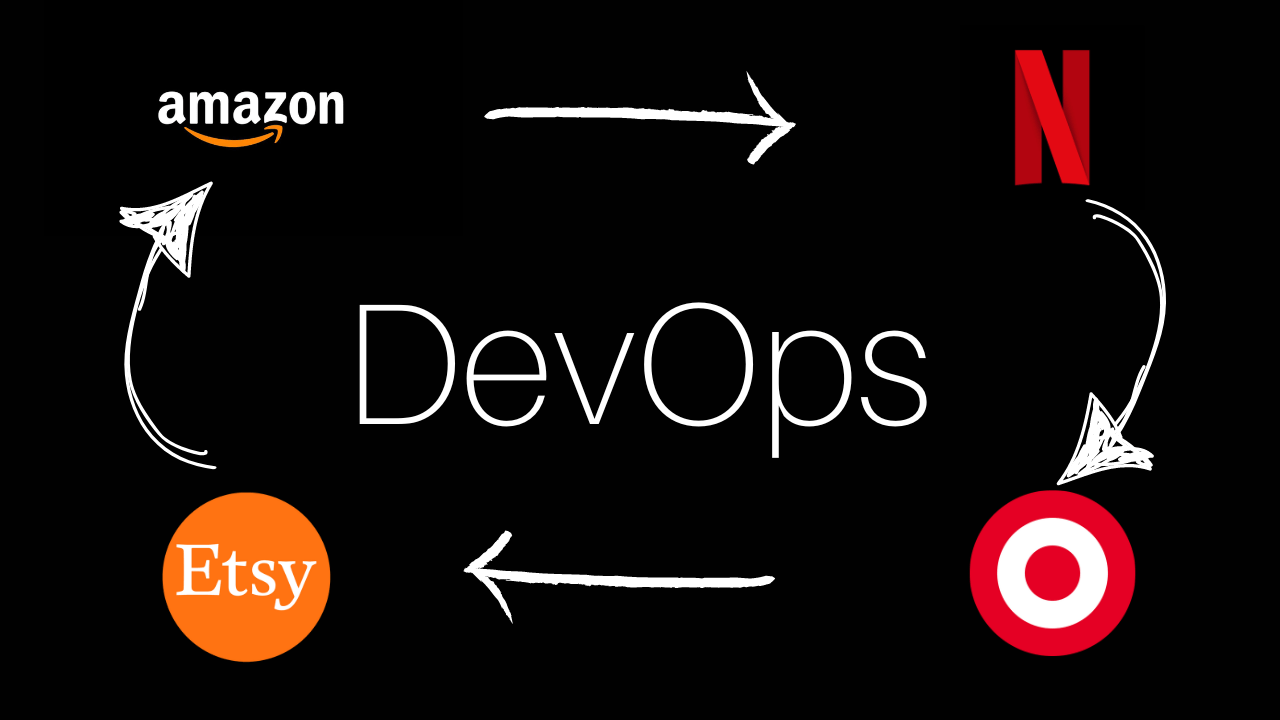In the rapidly evolving tech landscape, DevOps has emerged as a game-changer, enabling organizations to improve collaboration between development and operations teams. By streamlining workflows, enhancing communication, and automating processes, DevOps accelerates software delivery and fosters innovation. In this article, we explore compelling real-world DevOps case studies from industry leaders, highlighting key insights and lessons learned that can guide your own DevOps journey.
1. Amazon: Achieving Scalability with Speed in DevOps
Amazon is often regarded as a pioneer of DevOps, thanks to its culture of continuous delivery. By implementing a microservices architecture, Amazon empowers individual teams to work autonomously on different services, allowing for rapid scaling and reduced risk of system failures. A critical takeaway from Amazon’s experience is the importance of fostering a culture of experimentation. By encouraging teams to innovate and iterate quickly, Amazon has maintained its competitive edge in e-commerce.
2. Netflix: Turning Chaos into Opportunity using DevOps
Netflix exemplifies how embracing a “fail fast” philosophy can lead to remarkable success. With tools like Spinnaker for continuous delivery and Chaos Monkey for system resilience testing, Netflix prioritizes reliability and rapid iteration. Their commitment to automated testing and deployment allows them to deploy thousands of times a day without compromising service quality. The key lesson from Netflix is that investing in automation can significantly enhance the efficiency and reliability of software delivery.
3. Etsy: Transforming Deployment Processes
Etsy faced significant challenges with a manual and time-consuming deployment process, leading to frequent outages. By adopting continuous integration and delivery (CI/CD) practices, Etsy streamlined its workflows and improved deployment frequency. Implementing monitoring tools provided real-time insights into application performance, enabling rapid issue resolution. Etsy’s journey highlights the necessity of automation for enhancing reliability and efficiency in software delivery, making it a crucial element in any DevOps strategy.
4. Target: A Cultural Shift Toward Collaboration
Target recognized that successful DevOps implementation extends beyond tools; it requires a fundamental change in organizational culture. Faced with challenges in delivering software at scale, Target embraced Agile methodologies alongside DevOps practices. By breaking down silos and fostering collaboration, Target significantly improved team dynamics and accelerated delivery times. This case underscores that a cultural shift is essential for supporting DevOps initiatives—technology alone cannot drive success.
Conclusion: Embracing DevOps for Organizational Success
These real-world DevOps case studies illustrate that the successful adoption of DevOps principles involves a comprehensive approach encompassing culture, processes, and technology. Companies like Amazon, Netflix, Etsy, and Target demonstrate that embracing DevOps can lead to significant improvements in efficiency, reliability, and overall performance.
As organizations continue to evolve, the insights gained from these industry leaders can serve as a roadmap for others embarking on their DevOps journey. By cultivating a culture of collaboration, investing in automation, and committing to continuous improvement, businesses can unlock the full potential of DevOps, driving innovation and achieving sustained success in a competitive landscape.


